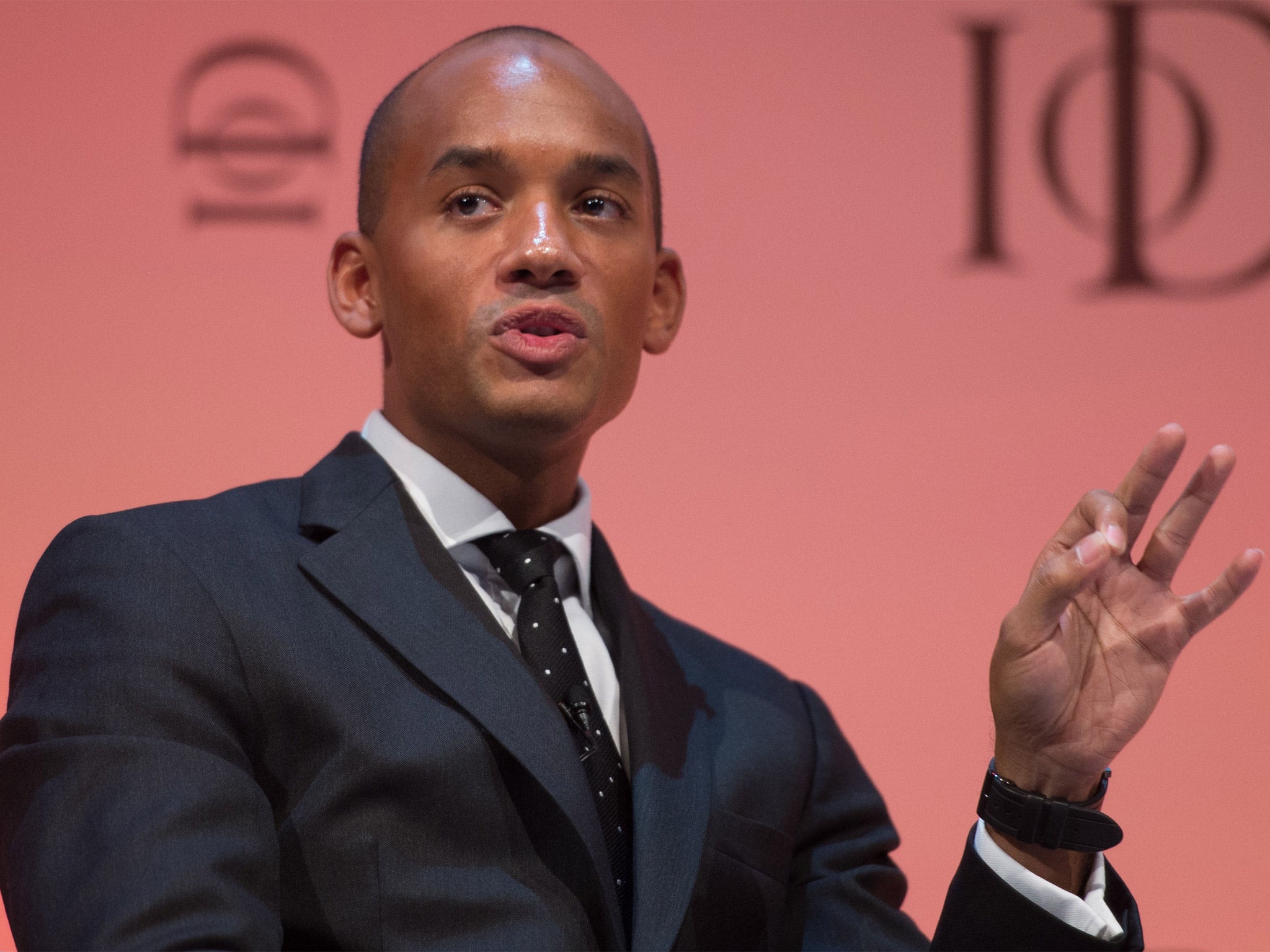Pfizer AstraZeneca takeover: Vince Cable on collision course with Tories over £63bn bid for pharma giant
Business Secretary says Britain’s future is ‘not a tax haven’ and priority is jobs

Your support helps us to tell the story
From reproductive rights to climate change to Big Tech, The Independent is on the ground when the story is developing. Whether it's investigating the financials of Elon Musk's pro-Trump PAC or producing our latest documentary, 'The A Word', which shines a light on the American women fighting for reproductive rights, we know how important it is to parse out the facts from the messaging.
At such a critical moment in US history, we need reporters on the ground. Your donation allows us to keep sending journalists to speak to both sides of the story.
The Independent is trusted by Americans across the entire political spectrum. And unlike many other quality news outlets, we choose not to lock Americans out of our reporting and analysis with paywalls. We believe quality journalism should be available to everyone, paid for by those who can afford it.
Your support makes all the difference.Vince Cable is on a collision course with Tory ministers after threatening to block a proposed £63bn takeover of one of Britain’s largest companies.
The potential deal between AstraZeneca and Pfizer has been championed by the Conservatives but the Business Secretary said he would not rule out intervention if the US giant fails to produce “binding” promises to protect jobs and scientific research.
While the Tories last week hailed the proposed takeover as evidence that Britain’s low-tax economy could attract major foreign investment, the Liberal Democrat minister appeared to distance himself from his Coalition partner.
“We see the future of the UK as a knowledge economy, not as a tax haven,” Mr Cable said. Critics have raised fears that Pfizer is trying to acquire AstraZeneca as a way of reducing its tax bill in the United States and as a prelude to breaking up its business into three parts.
Attempts by Pfizer to acquire AstraZeneca, Britain’s second-largest pharmaceutical company with nearly 7,000 employees in the UK, have moved to the top of the political agenda and are exposing Coalition strains.
Labour has accused David Cameron of acting like a “cheerleader” for the possible acquisition after he said Pfizer had produced “robust” assurances over its intentions.
Read more:
Ed Miliband, the party leader, has called on the Coalition to extend the national interest test on takeovers to safeguard the country’s science base.
Two parliamentary select committees announced they planned to summon managers from both companies as part of an investigation into the deal, which would be the largest takeover in British corporate history. Sir David Barnes, the former chief executive of AstraZeneca, spoke of his alarm that Pfizer would behave like a “praying mantis” and would “suck the lifeblood out of their prey”.
Mr Cable told the Commons he was taking a “studiously neutral” approach to the potential deal, arguing he would be governed on what was best for jobs and protecting scientific research in Britain. The Business Secretary raised the prospect of extending the Government’s public-interest powers to cover the pharmaceutical or science sectors. They are currently limited to intervention in the financial sector, to ensuring media plurality and protecting national security.
However, that would be seen as a last resort as it would require legislation to amend the 2002 Enterprise Act.
Mr Cable said: “One of our options would be to consider using our public-interest test powers – or even expanding them. This would be a serious step and not one that should be taken lightly.
“I am open-minded about it, but should stress we are operating within serious European legal constraints.”
He said talks with Pfizer were aimed at ensuring any promises they gave about AstraZeneca’s operations in the UK would be “binding”.
Mr Cable said: “Should this proceed, clearly there will be negotiations to make sure any obligation is binding. I’m sure Pfizer themselves would want to ensure any obligations are clear and binding.”
But Chuka Umunna, the shadow Business Secretary, argued that Pfizer could not be trusted to keep any promises it made about its intentions.
He said: “The assurances the Government has extracted from Pfizer are simply not worth the paper they are written on. The main rationale for this transaction appears to be tax.”

The Chancellor George Osborne yesterday tempered his initial enthusiasm for the proposed takeover, saying that “our sole interest here is in securing good jobs in Britain, good manufacturing jobs, good science jobs”.
But the Tory Mayor of London, Boris Johnson, added to the pressure on Tory ministers by saying they cannot “be entirely aloof from this”.
“It would be very important to establish that Pfizer is genuinely committed to research and development in this country,” he said.
AstraZeneca has twice rebuffed approaches from Pfizer, saying its latest £63bn offer “substantially undervalued” its real worth.
Its chief executive, Pascal Soriot, warned yesterday that the takeover plan would jeopardise its “fragile” but ambitious drug discovery programme. He said: “I have been through enough mergers to know a company is not a machine. It is a group of people. If you disrupt their work you can really have a negative impact very quickly.”
Mr Soriot declared the company would grow annual sales to more than £26bn by 2023 from the current £15.1bn, thanks largely to its pipeline of new medicines being developed. It was just that process of creating new drugs that would be jeopardised by a takeover, he said.
AstraZeneca has gone from having 57 drugs in 2012 to having 84 now, as it has moved quickly to boost its development programme. Analysts say that, as well as the UK tax status, is what attracted Pfizer to make its bid.
What they say about Pfizer
“I have a great concern that they will act like a praying mantis and suck the lifeblood out of their prey” Sir David Barnes, former chief executive of AstraZeneca
“Pfizer has said it is committed to making a long-term investment in the UK through this purchase. Similar assurances were given to other companies acquired by Pfizer in the US and in Sweden. Subsequently, research facilities were shut down and thousands of high-skilled jobs lost.” Chuka Umunna, shadow Business Secretary
“I am concerned about the future of AstraZeneca’s planned move to Cambridge which involves an investment of £330m on site and jobs for 2,000 people. And I am worried about Pfizer’s future plans in the UK which have implications for our economy as a whole.” Julian Huppert, Lib Dem MP for Cambridge
“We are not convinced that Pfizer’s bid is anything more than an attempt by a US company to reduce its taxes by buying into a UK-owned company.” Unite national officer Linda McCulloch
Join our commenting forum
Join thought-provoking conversations, follow other Independent readers and see their replies
0Comments